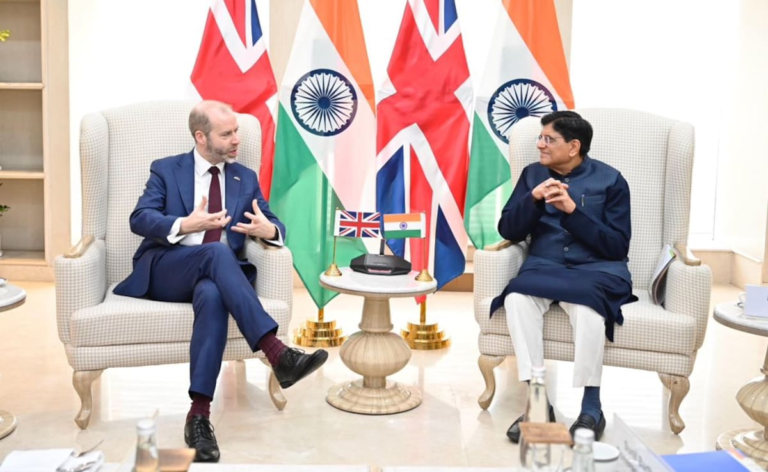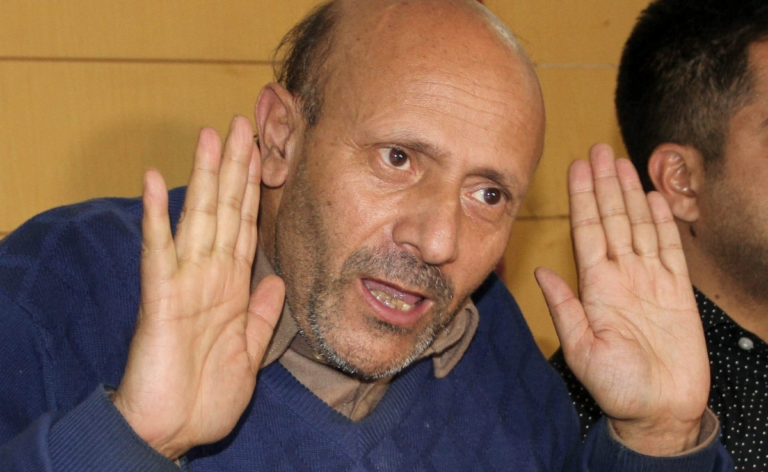
The near-total failure of the United Nations (UN) to cope with most crises in recent years is perhaps the reason why the Ukraine conflict has been taken up at the G20 for the past two years. Though most of the players at the G20 knew it was hardly the forum to address such a geopolitical matter, they persisted with it, reflecting the growing frustration with the UN’s ability to respond speedily to a global crisis. Against this backdrop, it is understandable that the Indian side, especially external affairs minister S Jaishankar, has often called for speeding up the efforts to reform the UN and the Security Council, both to reflect the realities of the contemporary global order and to give more countries a seat at the main decision-making table. Jaishankar reiterated this position at the recent Raisina Dialogue, emphasising the need to reform global forums amid the ongoing wars in Ukraine and Gaza.

The near-total failure of the United Nations (UN) to cope with most crises in recent years is perhaps the reason why the Ukraine conflict has been taken up at the G20 for the past two years. Though most of the players at the G20 knew it was hardly the forum to address such a geopolitical matter, they persisted with it, reflecting the growing frustration with the UN’s ability to respond speedily to a global crisis. Against this backdrop, it is understandable that the Indian side, especially external affairs minister S Jaishankar, has often called for speeding up the efforts to reform the UN and the Security Council, both to reflect the realities of the contemporary global order and to give more countries a seat at the main decision-making table. Jaishankar reiterated this position at the recent Raisina Dialogue, emphasising the need to reform global forums amid the ongoing wars in Ukraine and Gaza.
Two years after Russia invaded Ukraine, there is no sign of any closure. Ukraine has not quite rolled over but Russia has survived crippling Western sanctions and managed to avoid global isolation. The Global South is willing to do business with Russia because these countries believe, as Jaishankar put it, the Ukraine war is Europe’s war. In Gaza, Israel is being shielded by the US veto at the UN despite the rest of the world seeking a ceasefire.
The UN is being ignored since most of the world has no interest in the body, perceiving it as a playground of the big five powers. This has to change, simply because the world has become multipolar, and important power centres such as India and Saudi Arabia are clear about strategic autonomy and their zones of influence. Former US president Donald Trump’s persisting attacks on NATO have triggered new thinking in Europe about looking beyond the US security umbrella and creating their own military preparedness.
All of this churn will have consequences, and in the absence of strong and representative global bodies, especially a reformed UN, one may have to contend with a multipolar world without an arbitrating centre, heightening the prospects of more bullying, conflicts and a fresh arms race. It is thus imperative that there is a breakthrough in the negotiations for UN reforms, trapped in a long cycle of repetitions for 15 years, so that the body is finally representative of a truly changed world.
Continue reading with HT Premium Subscription
Daily E Paper I Premium Articles I Brunch E Magazine I Daily Infographics








